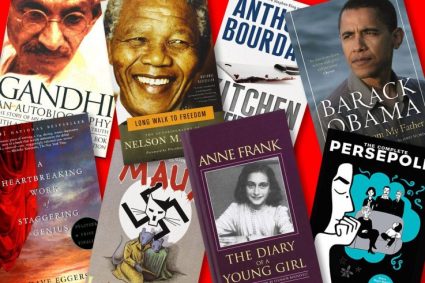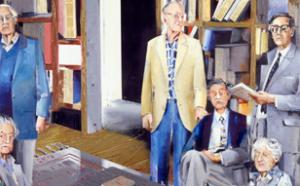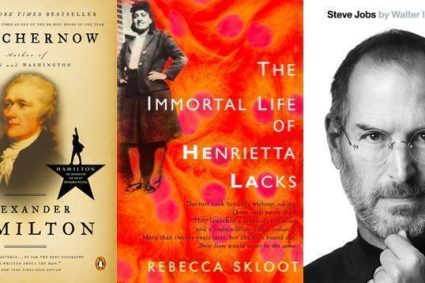

The Second World War, a seismic and transformative chapter in human history, unfolded as a complex and cataclysmic event that reverberated across continents, shaping the course of nations and the destiny of millions. From the ominous clouds of war that gathered in the 1930s to the euphoria of victory in 1945, the conflict left an indelible mark on the collective memory of humanity.
The origins of the war can be traced back to the aftermath of the First World War, where simmering tensions, economic instability, and the rise of totalitarian regimes set the stage for a global conflagration. The invasion of Poland by Nazi Germany in 1939 marked the ominous prelude to a conflict that would embroil nations on a scale never before witnessed.
The war’s theaters were as diverse as the motivations that fueled them. In Europe, the Axis powers, led by Nazi Germany and Fascist Italy, sought to redraw the map through conquest and aggression. The Allies, including the United Kingdom, the Soviet Union, and later the United States, stood in staunch opposition, their collective determination epitomized by Winston Churchill’s stirring speeches and the resilience of the citizens enduring the Blitz.
In the Pacific, Imperial Japan’s expansionist ambitions clashed with the Allies, notably the United States, culminating in the devastating attack on Pearl Harbor in 1941. The conflict raged across oceans and continents, from the harsh winters of the Eastern Front to the Pacific islands, where fierce battles like Midway and Guadalcanal unfolded.
The Holocaust, an unparalleled atrocity committed by the Nazis, cast a dark shadow over the war, revealing the depths of human cruelty and the imperative of preventing such horrors from recurring. The Nuremberg Trials held after the war sought to mete out justice and establish principles that would guide post-war efforts to build a more just and peaceful world.
The war’s conclusion in 1945 marked a bittersweet triumph. The devastation wrought upon cities, the loss of millions of lives, and the emergence of the atomic age were the sobering legacies of a conflict that reshaped the geopolitical landscape. The establishment of the United Nations aimed to foster international cooperation, preventing the recurrence of such a cataclysmic global conflict.
Seventy-five years on, the Second World War remains a potent reminder of humanity’s capacity for both horror and heroism. Its lessons underscore the imperative of diplomacy, cooperation, and the pursuit of peace. As we reflect on the sacrifices and achievements of those who lived through this epochal struggle, the memory of the Second World War serves as a solemn guidepost for a world striving for a future free from the shackles of war and intolerance.







